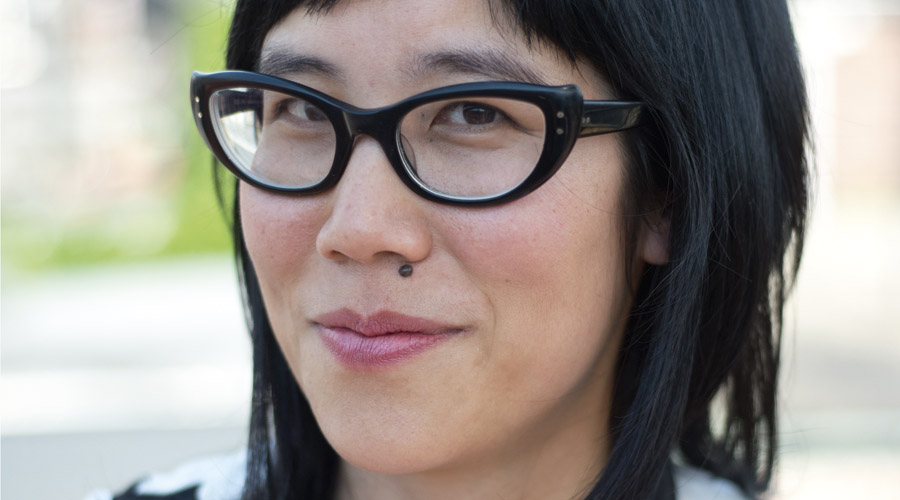Raised in a strict Chinese-American household in the suburbs, Val Wang dutifully got good grades, took piano lessons, and performed in a Chinese dance troupe – until she shaved her head and became a leftist, the stuff of many teenage rebellions. But Val’s true mutiny was when she moved to China, the land her parents had fled before 1949.
Val arrives in Beijing in 1998 expecting to find freedom but instead lives in the old city with her traditional relatives, who wake her at dawn with the sound of a state-run television program playing next to her cot, make a running joke of how much she eats, and monitor her every move.
But outside, she soon discovers a city rebelling against its roots just as she is, struggling too to find a new, modern identity. Rickshaws make way for taxicabs, skyscrapers replace hutong courtyard houses, and Beijing prepares to make its debut on the world stage with the 2008 Olympics. And in the gritty outskirts of the city where she moves, a thriving avant-garde subculture is making art out of the chaos. Val plunges into the city’s dizzying culture and nightlife and begins shooting a documentary, about a Peking Opera family who is witnessing the death of their traditional art.
The book’s title comes partly from a film of almost the same name, Beijing Bastards, by documentary filmmaker Zhang Yuan, an underground portrait of Beijing’s rock music scene in the early 1990s. Wang met and interviewed Zhang around the release of his best-known film, Crazy English.
“I woke with confusion to find myself in a strange bed with sun coming in through the window. I was in my new apartment. And I was having brunch with Zhang Yuan in a half hour. I hurried to take a shower, my first in a long time. My whole body itched, my face had broken out, my skin was dry and cracked, my hair was matted – I couldn’t wait to get clean. If this meeting with Zhang Yuan wasn’t an interview, I wondered, could it be considered more of a date?”
The book’s best bits relate to Beijing’s transition from national capital to Olympic host city.
“Beijing was changing. The edge of the city pushed farther outward. The Fifth Ring Road opened and the government initiated a five-year plan to relocate a third of the people living in the old city to apartments in the suburbs and to preserve only 25 small zones of hutongs. The pace of demolitions picked up.”
Brilliantly observed and winningly told, Beijing Bastard is a compelling story of a young woman finding her place in the world and of China, as its ancient past gives way to a dazzling but uncertain future.
Beijing Bastard is available from amazon.com.
More stories by this author here.
Email: [email protected]
Twitter: @greatwriteshark
Weibo: @SinoScuba潜水
Photo: Kelly Creedon



